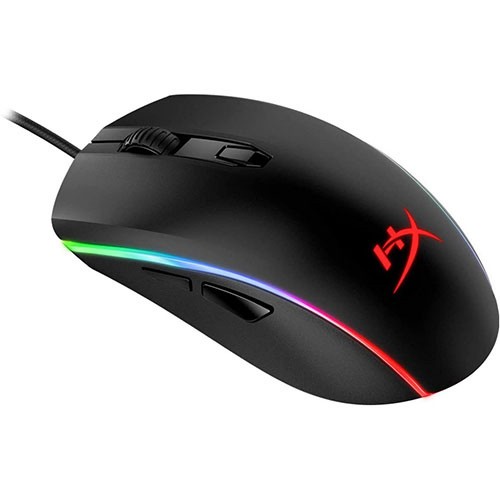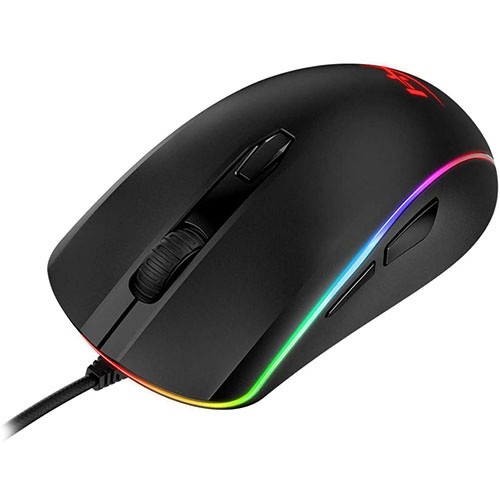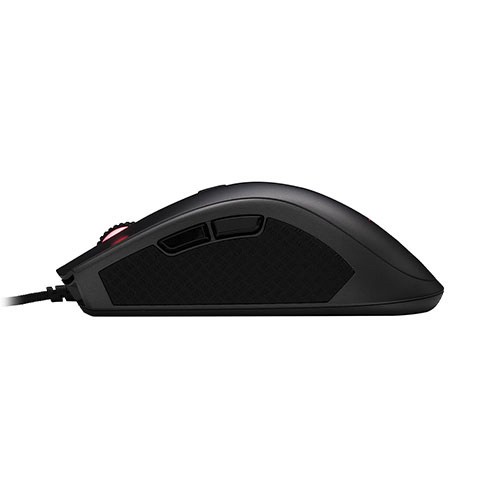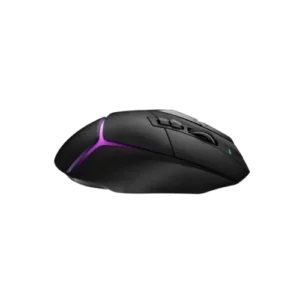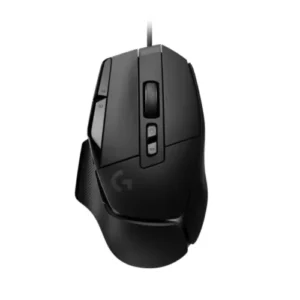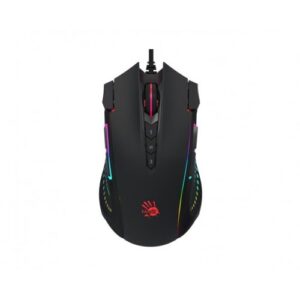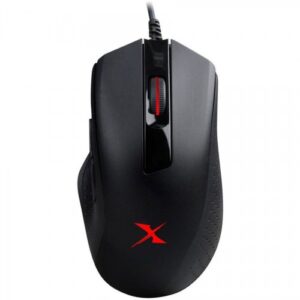Key Specifications and Features
The advanced optical gaming mouse boasts a comprehensive set of specifications that cater to both casual and professional gamers. At the forefront of its design is the connection type; it utilizes a USB 2.0 wired connection, offering a reliable link between the mouse and the gaming system. This ensures low latency and stable performance, which are critical in high-stakes gaming scenarios.
One of the standout features of this optical gaming mouse is the PixArt 3389 optical sensor. Renowned for its precision, this sensor supports an impressive resolution of up to 16,000 DPI (dots per inch), giving gamers the flexibility to adjust sensitivity settings according to their preferences. Coupled with a polling rate of 1000Hz, this allows for near-instantaneous response times, making it a suitable choice for fast-paced gaming environments.
The cable length of the mouse is 1.8 meters, which provides ample room for movement without restricting gameplay. This length is particularly advantageous for setups involving large desks or multi-monitor displays. Additionally, it supports a standard USB data format, making it compatible with a wide range of devices.
Focusing on performance, the mouse features varying coefficients of friction for dynamic and static conditions, which help in achieving smooth gliding motions over different surfaces. It also boasts several buttons with varying types, facilitating quick access to macros and shortcuts, essential for elevating gaming performance.
Lastly, the durability of the advanced optical gaming mouse is underscored by the lifecycle of its Omron switches, designed to endure millions of clicks. Alongside efficient tracking methods, these specifications contribute to a device that not only meets but exceeds the expectations of dedicated gamers.
Physical Design and Performance Factors
The physical design of an advanced optical gaming mouse plays a crucial role in the overall gaming experience. A key aspect of this design is its RGB lighting capabilities, which can showcase an impressive palette of 16,777,216 colors. This extensive range allows users to personalize their gaming setup while enhancing immersion. The dimensions of the mouse are also essential, including its length, height, width, and weight both with and without the cable. Typically, these measurements are optimized to fit various grip styles, accommodating a wide array of hand sizes and preferences. A well-constructed gaming mouse usually weighs between 70 to 100 grams, ensuring that it feels substantial yet not too heavy during extended usage.
Ergonomics are another significant consideration in the design of a gaming mouse. Many models incorporate contours and textures that promote comfort, reduce fatigue, and enhance grip. Features such as thumb rests and customizable side buttons also contribute to a user-friendly experience. By reducing the strain on the wrist and fingers, an ergonomic design enables gamers to maintain peak performance over longer sessions, whether they are engaged in casual play or competitive matches.
Performance factors are equally vital when evaluating the advanced optical gaming mouse. Built-in memory for three profiles permits users to store customizable settings for different games or preferences, facilitating quick transitions between setups without needing to reconfigure. Furthermore, acceleration capabilities are integral, allowing the mouse to respond to rapid movements without lag. Exceptional tracking performance, facilitated by a high DPI (dots per inch) sensitivity, contributes to precise movements and improved accuracy during gameplay. These performance attributes are essential not only for casual users but are also pivotal in competitive settings, where every millisecond can determine the outcome of a match.
